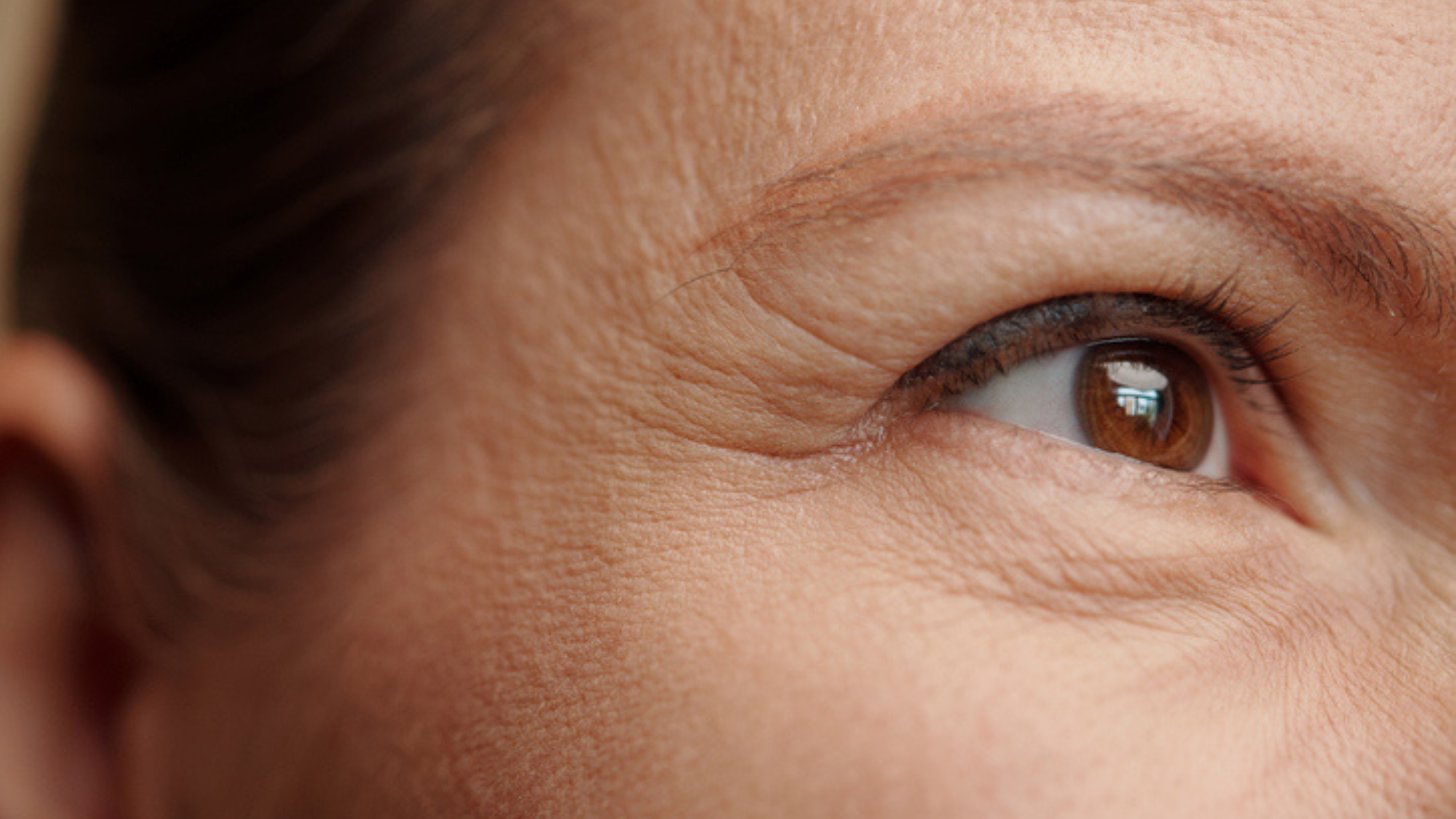Did you know up to 38% of women and over 50% of men experience some degree of hair loss? In the quest for the fountain of youth, researchers are delving into innovative avenues to understand the intricacies of aging and discover effective interventions (R, R).
One such area of interest is Nicotinamide Mononucleotide or NMN. This blog explores the intriguing question: Does NMN help with hair loss?
Understanding NMN
NMN is a precursor to Nicotinamide Adenine Dinucleotide (NAD+), a crucial coenzyme involved in various biological processes, including energy metabolism and DNA repair.
As we age, NAD+ levels decline, leading to a cascade of effects associated with aging, such as decreased cellular function, increased susceptibility to age-related conditions, and, yes, that includes hair loss (R).
Hair Loss and Aging
Hair loss is influenced by various factors associated with aging. Androgenetic alopecia, or genetic predisposition to hair loss, is common and becomes more apparent with age (R).
Hormonal changes during menopause and andropause and overall fluctuations in hormone levels can impact hair growth cycles (R).
Changes in blood circulation to the scalp, decreased production of growth factors, and environmental damage over time also play roles in age-related hair loss.
Additionally, nutrient deficiencies and genetic factors contribute to the complexity of this process (R).
Aging also contributes to declining hair follicle activity, potentially reducing hair density (R). This is where NMN has the potential for some benefit.
NMN and Hair Loss
Hair loss is a multifactorial issue influenced by various factors, and as already discussed aging significantly contributes to this concern. As people age, changes in hormonal levels, genetic predispositions, and cellular aging processes can collectively contribute to hair thinning and loss (R).
One area of interest in addressing age-related issues, including hair loss, involves the study of compounds like NMN.
As NMN plays a role in cellular functions, including mitochondrial function and has been linked to aging, researchers are exploring whether supplementing with NMN could positively impact hair health (R).
Current Solutions to Hair Loss
The present pharmaceutical solution for addressing hair loss is Finasteride. This medication is predominantly employed in the treatment of an enlarged prostate (benign prostatic hyperplasia) and male pattern baldness.
Its mechanism of action involves inhibiting the conversion of testosterone to dihydrotestosterone (DHT) (R). But could there be a more natural solution?
NMN and Cellular Health
To understand the potential benefits of NMN on hair health, it's essential to explore its broader impact on cellular health.
NMN's ability to boost NAD+ levels is associated with improved cellular metabolism and repair mechanisms. Healthy cells are the building blocks of overall well-being, including the health of hair follicles (R, R).
NMN and Mitochondrial Health
Mitochondrial health is intricately linked to cellular function, and it plays a crucial role in the growth and maintenance of various tissues, including hair follicles.
NMN, as a precursor to nicotinamide adenine dinucleotide (NAD+), can influence mitochondrial function, potentially impacting hair growth through several mechanisms, including energy production, mitochondrial biogenesis (the formation of new mitochondria), oxidative stress and antioxidant defence, cellular repair, signalling and apoptosis (R, R, R).
Scientific Studies on NMN and Hair Loss
While the direct link between NMN and hair loss is still an emerging field of study, some research suggests potential benefits.
A study on animal models demonstrated that NAD+ precursors (NMN is a precursor) could promote hair regrowth by stimulating hair follicle stem cells (R).
Additionally, NMN's role in improving mitochondrial function is noteworthy. Mitochondria are the powerhouse of cells, and their dysfunction is associated with various age-related conditions, including hair loss.
By enhancing mitochondrial function, NMN may indirectly contribute to maintaining healthy hair (R).
Human Trials and Observations
While animal studies provide valuable insights, translation to human applications is crucial. There is limited direct evidence from human trials explicitly focusing on NMN and its impact on hair loss.
However, anecdotal reports and observations from individuals incorporating NMN into their anti-aging regimens suggest potential hair texture and thickness improvements. Here’s a couple from our customers:
A 70-year-old female expressed satisfaction after just nine days of NMN use. She noted improvements in the texture of her hair, increased energy levels, and a reduction in joint pain.
A 50-year-old male taking NMN noted thicker hair, improved energy, and relief from typical age-related aches and pains.
A female user taking 1000mg a day of both resveratrol and NMN for three months noticed benefits such as pain relief in knees and hips, hair regrowth, smoother skin, increased energy, and relief from pre-menopause symptoms.
All three customers had a positive experience when using AgeMate NMN, emphasising improved hair health, energy levels, and overall well-being.
Conclusion
The exploration of NMN and its potential impact on hair loss is an exciting avenue in the broader field of anti-aging research. While scientific evidence is still evolving, the preliminary findings from animal studies and anecdotal observations in humans (including our customers) provide a promising foundation for further exploration.





